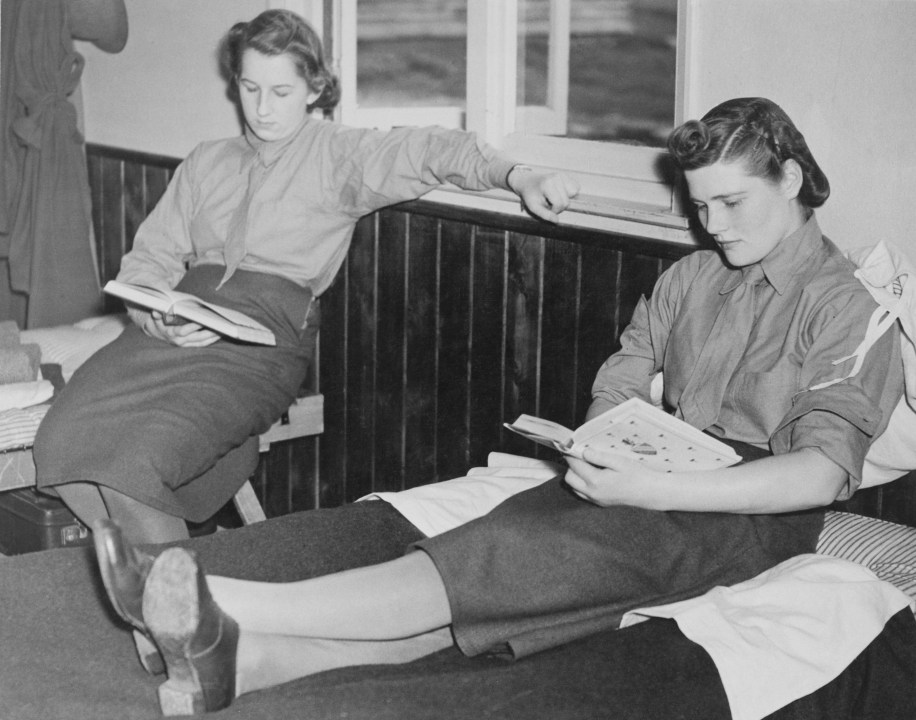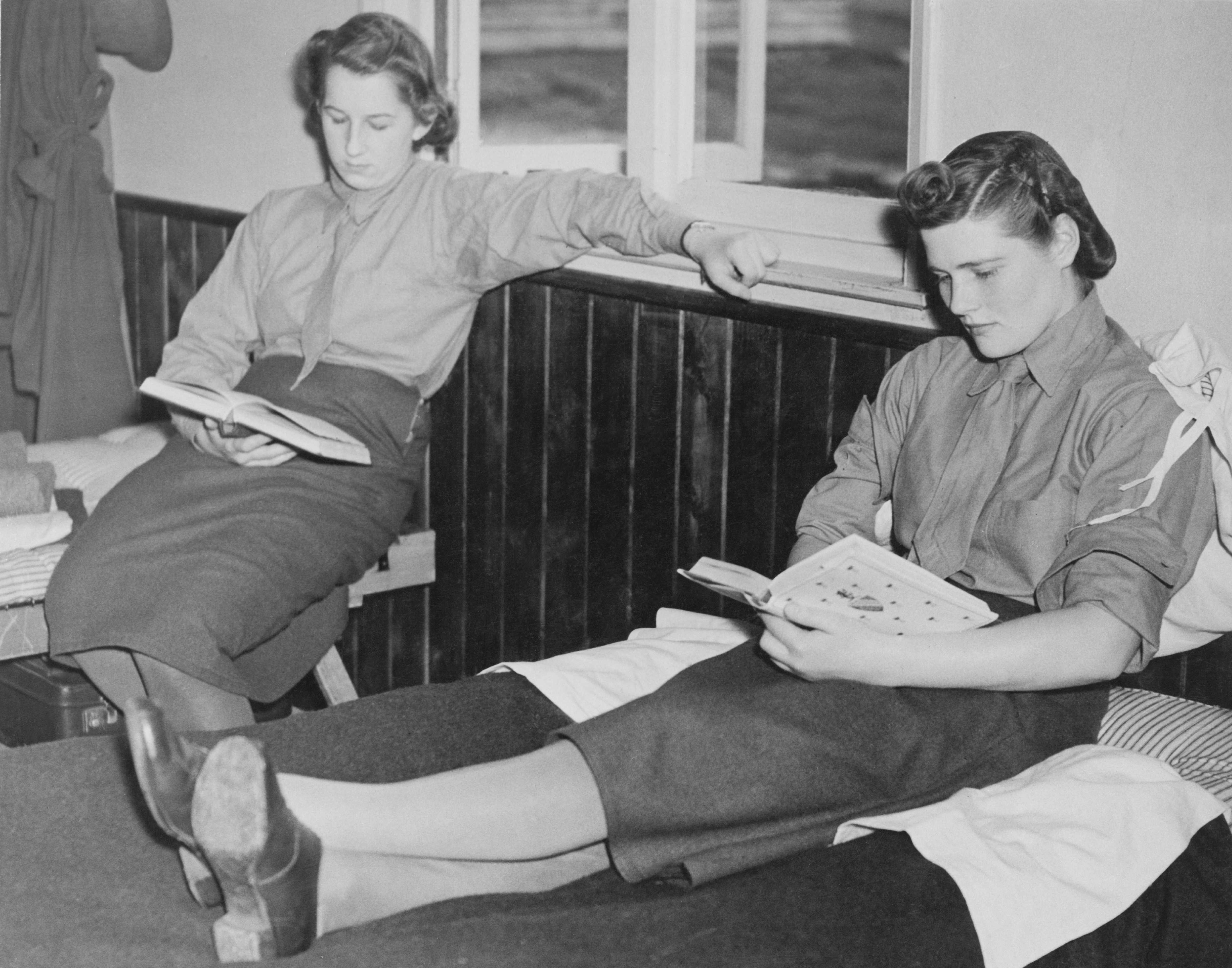A Daughter’s Tale is the memoir of Mary Soames, Winston Churchill’s youngest daughter. It is remarkable, uplifting, moving and utterly fascinating.
Remarkable, because from 18 to 22 she was at her father and mother’s side at the Admiralty, Number 10 and Chequers, observing and sharing the horrors of war and the possibility of defeat. Uplifting, because she gave great comfort and support to her parents who were under more pressure than any of us could comprehend.
Moving, because of the deep love and affection she clearly shared with her ‘dearest Papa’ and ‘darling mummie’. And fascinating because she kept a vivid diary of all those she met. FDR, ‘the Prof’ Frederick Lindemann, Pug Ismay, Stalin (whom she called Uncle Joe), De Gaulle and Dickie Mountbatten (whom she referred to as ‘glamour pants’) are just a few of the giants she knew who changed the face of civilisation.
At 89, Mary Soames is the only person alive who witnessed first-hand many world-changing events of the Second World War. In her book, we see them through the prism of a rather flirty, very attractive and deeply religious young girl whose sole purpose was to give to her parents the love and support they desperately needed to lead the country against Hitler’s onslaught.
It is her impressions of people that are so insightful. She describes a dinner party at which Churchill invited Neville and Ann Chamberlain to the Admiralty:
‘[Anne Chamberlain] had a charmingly vague manner, occasionally asking some odd questions (disrespectfully described as “cuckoo” in my diary) which gave the impression that she hadn’t been following the general drift of conversation – perhaps she hadn’t! During the course of dinner an officer appeared three times, on each occasion announcing that a U-boat had been sunk. My father noted that “nothing like this had ever happened before on a single day”… As the ladies left us Mrs Chamberlain, with a naïve and charming glance, said to me, “did you arrange this on purpose?”’
On FDR:
‘Every evening FDR makes extremely violent cocktails before dinner in his study… to me he seems at once idealistic, cynical, warm-hearted and generous, wordly-wise, naïve, courageous, tough, thoughtful, charming tedious, vain, sophisticated, civilised. All these and more for “by their works ye shall know them”. And what a stout-hearted champion he has been for the unfortunate and the battling and what a monument he will always have in the minds of men. And yet while I admire him intensely and could not be more devoted to him after his great personal kindness to me, yet I must confess [he] makes me laugh and he rather bores me.’
Her recollection of what her father said to her sister Sara in Cairo in November 1943:
‘War is a game played with a smiling face, but do you think there is laughter in my heart? We travel in style and round us is great luxury and seeming security, but I never forget the man at the front, the bitter struggles, and the fact that men are dying in the air, on the land, and at sea.’
But Mary Soames did not leave a cosseted life. She insisted on joining the ATS as a private and worked her way up to the rank of captain, eventually commanding 230 women in a mixed battery. In those says men and women serving to together was a bit of an oddity:
‘The Regent of Iraq paid us a visit. He looked stunned and mystified. I think he thought the battery was a new way of organising a harem and he gave the Major some interesting looks!’
Her rather touching account of her father’s 70th birthday dinner in the reinforced annexe at Number 10:
‘Max [Beaverbrook] proposed Papa’s health, not very well, but Papa’s reply made me weep. He said we are the “dearest there are”. He had been comforted and supported by our love. It was short, but I couldn’t see the faces at the end and then very slowly, almost solemnly, he clinked glasses with each one of us.’
Finally, on her visit to Belsen:
‘In one woman’s ward a Polish Jewess sat up in bed and welcomed us in broken French… “we are so happy to receive here today the daughter of the great man
who has made our deliverance possible…” I nearly wept. I’ve never seen so much human suffering.’
Not only is this book of great historical importance but also it is a wonderful read; the charm, decency and courage of this woman shines through. And if you don’t fall just a little bit in love with the young Mary Soames, you must have a heart of stone.







Comments